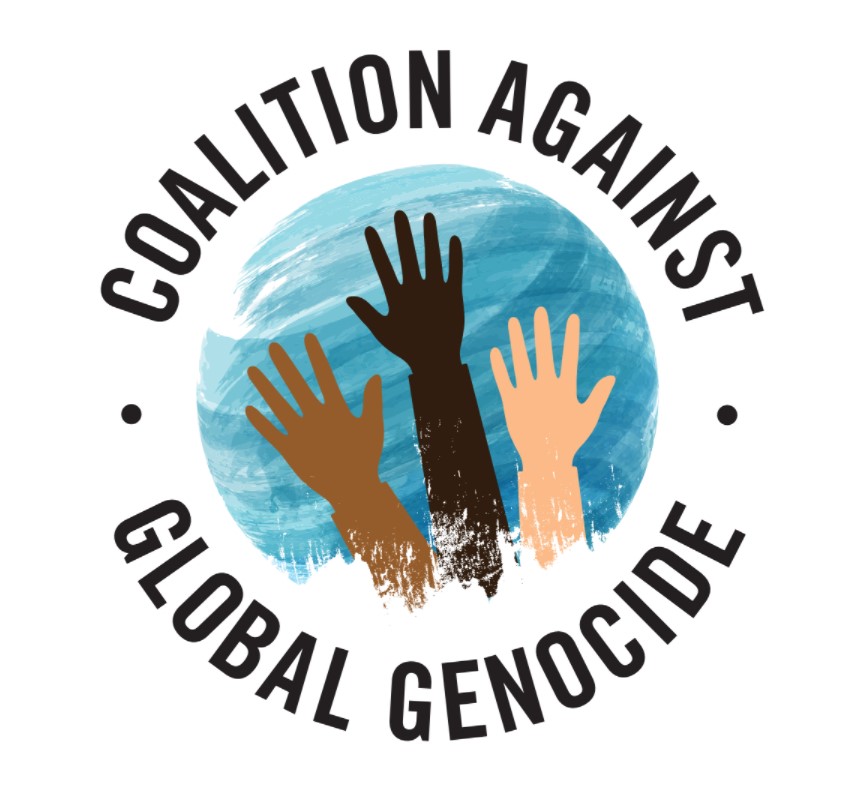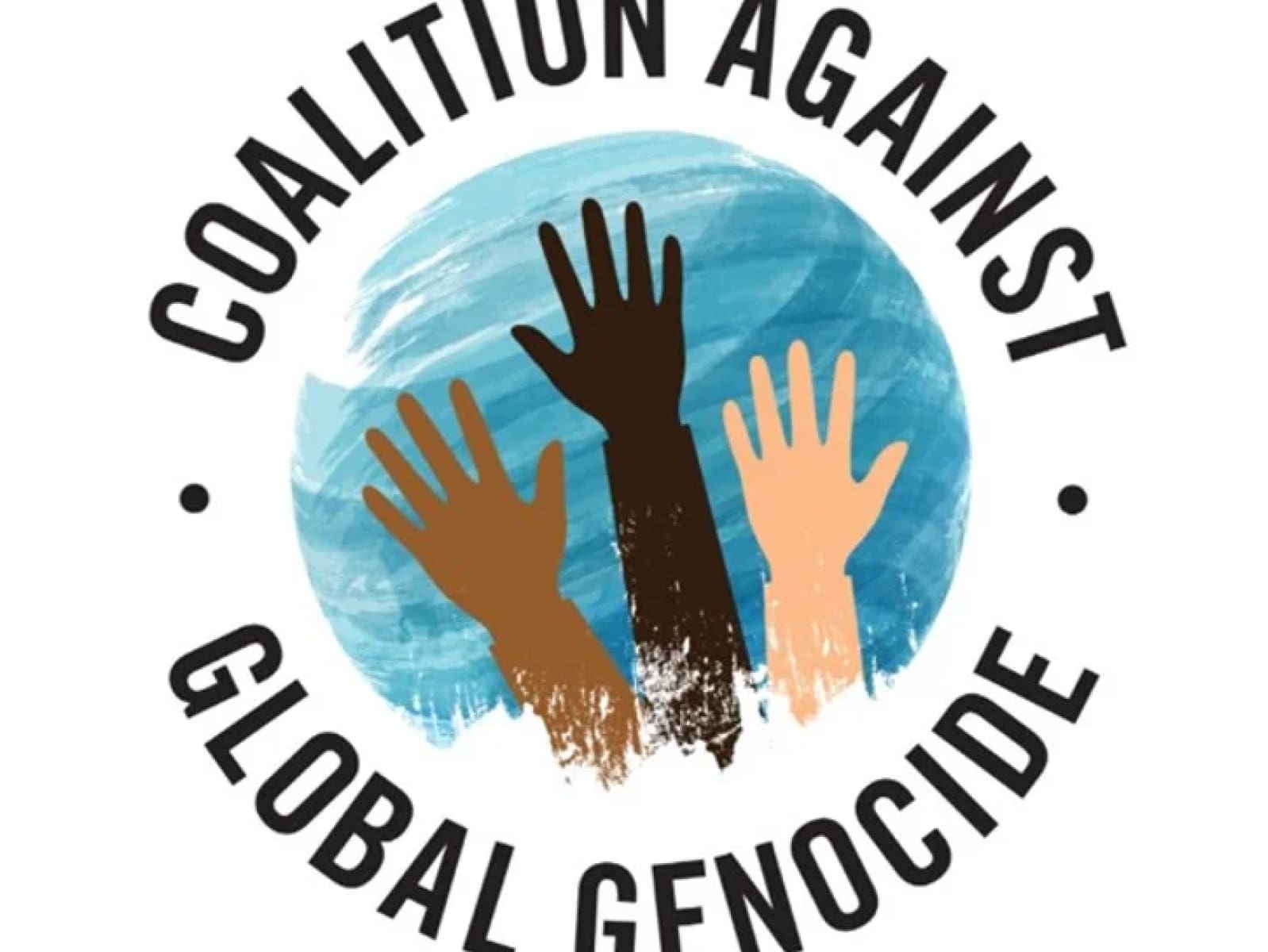Suggested Materials for Sermon Weekend
Dear Colleagues,
You will find no canned sermon in this information. Instead the dream is that each of you passionately share your thoughts about preventing the next genocide using your own words to get the message across. I have heard that Darfur is falling into the trap of killing its citizens, again. The only message we must express, emotionally and passionately, is that everyone must be aware as to what has happened in the past, what is still happening today and what we together can do to prevent yet another genocide tomorrow.
Our voice may be our greatest weapon in preventing the next genocide. No, we cannot go back and restore the lives of those who died, but we can change the course of the future by using it to prevent other genocides.
As we have become more sophisticated as a civilization, we have come to recognize genocide as an egregious crime committed to destroy, in whole or in part, ethnic, racial, or religious groups. According to the United Nations website, these acts fall into 5 categories:[1]
- Killing members of a group
- Causing serious bodily or mental harm to members of the group.
- Deliberately inflicting on a group, conditions of life calculated to bringing about its physical destruction in whole or in part.
- Imposing measures intended to prevent births within the group.
- Forcibly transferring children of the group to another group.
As of today, there are 15 countries on the list of those who have either been classified as a genocide and/or are in the process of committing genocidal acts.
Words such as the following from the US Holocaust report on the current situation in China must wrench one’s gut. Imagine if this were your family… listen, hear, feel.
“In the ‘transformation-through-education’ camps, life and death do not mean the same thing as they do elsewhere. A hundred times over I thought, when the footfalls of guards woke us in the night, that our time had come to be executed. When a hand viciously pushed clippers across my skull, and other hands snatched away the tufts of hair that fell on my shoulders, I shut my eyes, blurred with tears, thinking my end was near, that I was being readied for the scaffold, the electric chair, drowning. Death lurked in every corner. When the nurses grabbed my arm to ‘vaccinate’ me, I thought they were poisoning me. In reality, they were sterilizing us. That was when I understood the method of the camps, the strategy being implemented: not to kill us in cold blood, but to make us slowly disappear. So slowly that no one would notice.” Rescapée du Goulag Chinois (Survivor of the Chinese Gulag) by Gulbahar Haitiwaji, co-authored with Rozenn Morgat
Such stories can easily be found on the United Nations website (https://www.un.org/en/genocideprevention/genocide.shtml) or the U.S. Museum of the Holocaust (https://www.ushmm.org/genocide-prevention/learn-about-genocide-and-other-mass-atrocities/what-is-genocide) or 5 Genocides still going on: https://www.businessinsider.com/genocides-still-going-on-today-bosnia-2017-11#the-nuer-and-other-ethnic-groups-in-south-sudan-2
Our obligation today is do what others have failed to do for those who are lying in the graves of history. We cannot let their voices be silenced by the dirt covering their bones.
Rabbi Dan Roberts
CoAGG Sermon Weekend Chair
[1] https://www.un.org/en/genocideprevention/genocide.shtml


